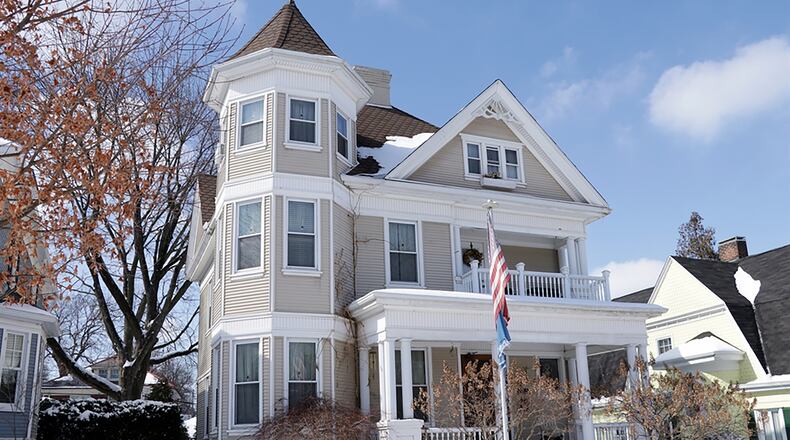“Our revenues exceeded our expenses in 2021, and we anticipate this will also occur in 2022,” he said.
Oakwood’s income tax is 2.5%, matching Dayton among Montgomery County municipalities with the highest rate.
Oakwood’s income tax revenue, which pays for about 59% of the cost of city services, rose 15.5% — about $1.34 million — last year from 2020, records show.
The city’s budget this year is $14.3 million and its eight separate funds are supported primarily from income and property taxes, fees and assessments, according to Oakwood records.
Two city real estate taxes include a 2.72-mill levy renewed last year and a 3.75-mill issue last approved in 2018, county elections records show. Both were approved by at least 69% of voters and they combine to generate about $1.5 million annually, documents show.
Officials in the heavily residential city of about of 9,500 have an “obligation to create a community ambience that encourages citizens to want to live,” Duncan said.
“Although most of our housing stock is over 75 years old, our citizens maintain their homes and properties in very good condition and our home values prove it,” he added.
The typical value of the middle price tier homes in Oakwood is $344,627, a 13.1% increase over the past year, according to zillow.com.
Duncan said neighborhoods, schools, recreation and a low crime rate are among the factors why the city “continues to be the premier residential community, not only in the Dayton region, but in the entire state.”
Major crime recorded in the city went from 141 offenses two years ago to 111 last year, Oakwood records show.
“Oakwood continues to be the safest community in region — if not the state,” Safety Director Alan Hill said.
About the Author

